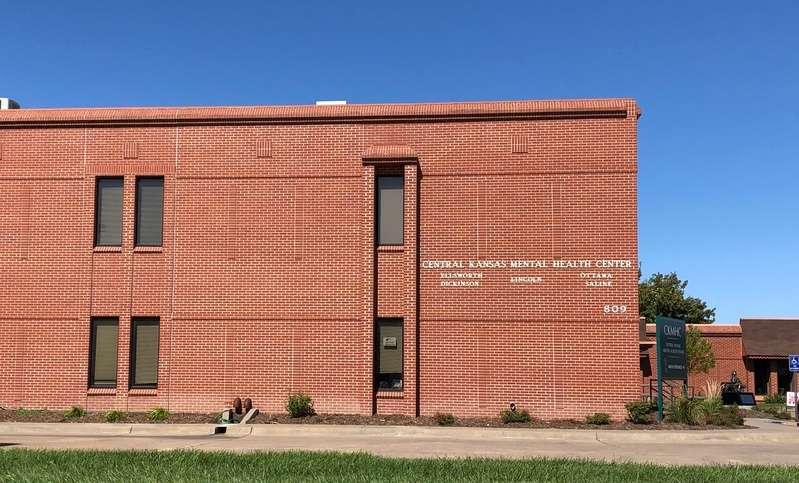Collin County jail to expand mental health services; attorney Lee Merritt says more is needed
/cloudfront-us-east-1.images.arcpublishing.com/dmn/ZXBYAOMMFZAQ5BP6QYCTXF6274.jpg)
The Collin County Detention Center will expand its mental health services after a man who had schizophrenia died in custody earlier this year.
The unanimous vote Monday by county commissioners came months after critics had said the jail did not have the necessary mental health resources to prevent Marvin Scott’s death.
“Having a facility where half your population has a mental health diagnosis … this is very important,” said Johnny Jaquess, Collin County Sheriff’s Office assistant chief.
The program will allow LifePath Systems, which has partnered with the county since 1986, to employ qualified mental health professionals at the facility around the clock, CEO Tammy Mahan told commissioners during Monday’s meeting.
Attorney Lee Merritt responds
Civil rights attorney Lee Merritt, who represented Scott’s family, told The News this week that the commissioners’ vote could be a good step forward, but that the detention center is missing several steps to ensuring arrestees suffering a mental health crisis remain safe.
“Prisons inherently have a degenerative effect on someone in a mental health crisis,” Merritt said.
“Starting at the door, the first thing [jailers] need to be doing is a mental health screening and rerouting people in a crisis to a different facility,” he added.
Merritt also said that every detention center should have a soft room — or safe room — that prevents inmates from hurting themselves, and that equipment should be more appropriate for inmates suffering from a mental health crisis.
/cloudfront-us-east-1.images.arcpublishing.com/dmn/DHGR4DLTUVGR5ASGXRSBPHRLPA.JPG)
The attorney previously told The Dallas Morning News that Scott was likely suffering a mental health crisis at the time of his arrest and that video shows jailers did not treat him as someone who was “in need of desperate help.”
The Collin County medical examiner said Scott died from “fatal acute stress response in an individual with previously diagnosed schizophrenia during restraint struggle with law enforcement.” A Collin County grand jury determined in June that eight jailers didn’t commit a crime related to Scott’s death.
/cloudfront-us-east-1.images.arcpublishing.com/dmn/XQVPJSUXY5B7DK4PNDA6KP3ODM.jpeg)
Changes at the Collin County jail
The expanded resources at the detention center will include having mental health professionals assist with the book-in process, such as conducting screenings and determining levels of watch. LifePath Systems will also consult its database to identify past and present clients for a “more well-rounded screening” that could help determine their level of watch or additional needs.
Upon inmate release, qualified mental health professionals will also coordinate community-based services for individuals with mental health needs, substance abuse disorders or intellectual or developmental disabilities.
“I’ve seen this program at work at another department,” Jaquess said. “This is a very good way to have effective screening and the right personnel to do the screening. It’s very impactful as the watches go that we are not putting a watch on somebody that doesn’t need it — or that we are not putting on a watch on someone that needs it.”
/cloudfront-us-east-1.images.arcpublishing.com/dmn/ADJLQATEYABMRPEBQUGIF6SWQQ.jpg)







